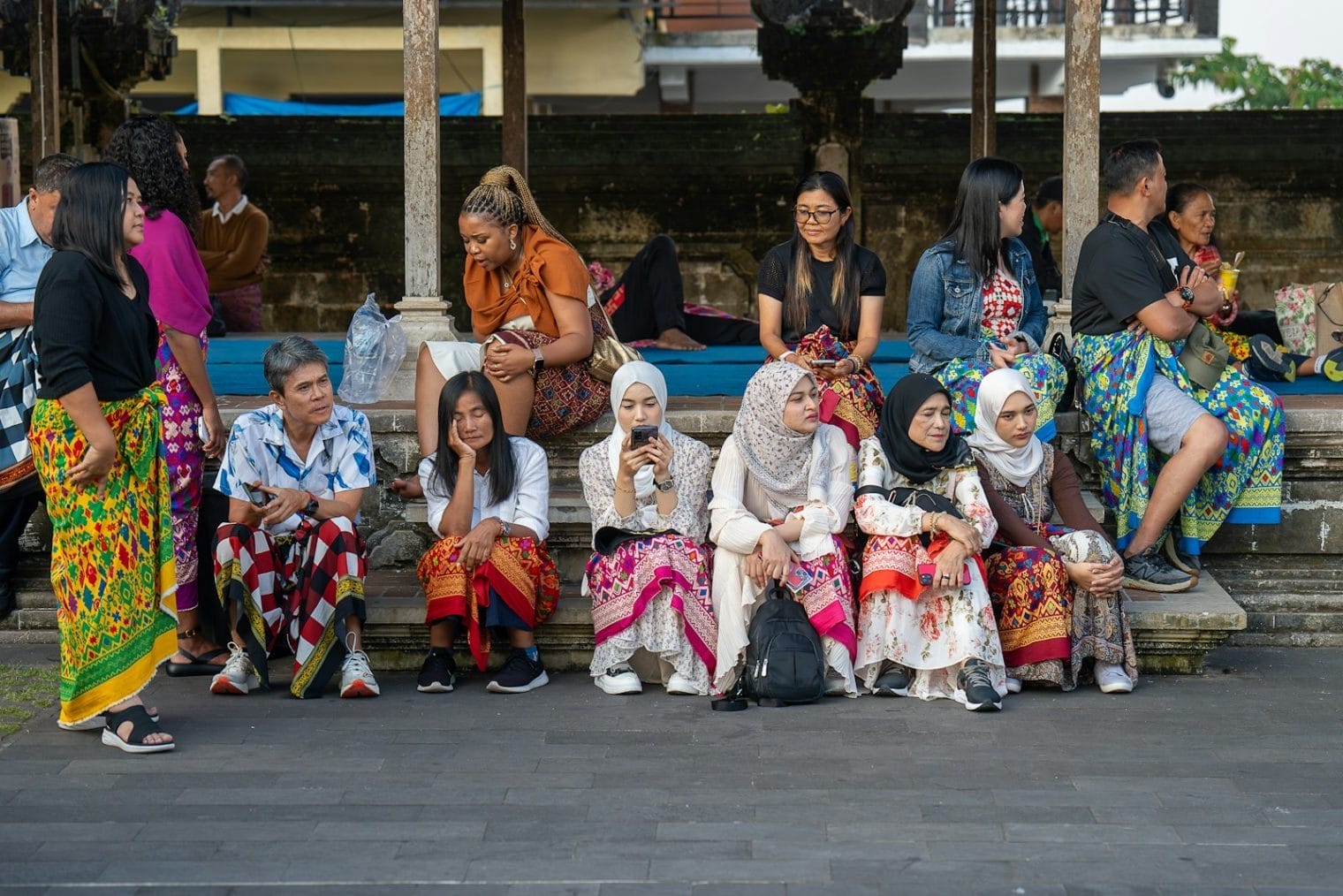“The real danger is not that computers will become like humans, but that humans will be treated like computers.” – Sydney Harris
OR another one-liner I’d like to state –
“The real challenge with AI isn’t making it intelligent, but making it understand people the way we understand each other.” – Geoffrey Hinton (paraphrased)
At curaJOY, we don’t treat families like data points. We know that language is just one layer of culture. The way parents recognize, interpret, and seek help for developmental challenges isn’t just shaped by personal beliefs, it’s rooted in deep cultural norms, societal expectations, and access to resources.
How Parental Responses Differ Across Cultures (and How curaJOY Adapts)
United States Early Intervention & Data-Driven Solutions
Parents in the U.S. are conditioned to recognize developmental delays early, thanks to pediatric screenings, Individualized Education Plans (IEPs), and therapy-based interventions like ABA and speech therapy. Schools and medical professionals play a big role in guiding decisions, and parents expect data-backed, expert-led solutions.
How curaJOY Adapts:
- Helping Parents Become Better Advocates – Many families feel overwhelmed by complex special education systems. curaJOY provides behavioral tracking, guided self-reflection, and personalized coaching to help parents better communicate their child’s needs to educators and therapists.
- Building Emotional Resilience – Rather than focusing purely on milestone tracking, curaJOY helps families navigate the emotional aspects of raising neurodiverse children, reinforcing patience, self-compassion, and resilience.
India: Family-First Approach & Social Stigma
In India, family elders often hold decision-making power when it comes to child-rearing. Many parents turn to alternative medicine (Ayurveda, homeopathy) or religious guidance before considering a formal diagnosis. Special education is growing, but mainly in private institutions, leaving many children without access to structured support. There’s also a societal stigma, many families hesitate to acknowledge developmental differences publicly.
How curaJOY Adapts:
· Encouraging Open Family Conversations – Instead of assuming parents make decisions alone, curaJOY provides tools that help families navigate discussions about a child’s behavior and progress in a way that aligns with cultural values rather than challenging them outright.
· Bridging Tradition with Evidence-Based Support – Instead of dismissing alternative approaches, curaJOY guides families toward science-backed interventions while respecting their existing beliefs, ensuring a smoother transition toward professional support.
Nigeria: Community-Led Support & Limited Access
In Nigeria, parents often rely on religious institutions or local leaders rather than seeking formal medical advice. Access to professional therapy and special education is scarce, especially in rural areas. Stigma around developmental differences can also discourage parents from seeking help early.
How curaJOY Adapts:
· Prioritizing Accessibility – curaJOY ensures its tools are mobile-friendly, lightweight, and functional in low-bandwidth settings, making it easier for parents to access reliable guidance even with limited internet access.
· Meeting Parents Where They Are – Instead of assuming parents have access to specialists, curaJOY is designed to empower families with self-guided tools to help them better understand their child’s behavior and progress.
How do we make a difference?
Research proves it – when parents are actively involved, kids thrive. Studies show that engaged parents help children develop stronger language, social, and emotional skills (PMC Study).
But here’s the challenge: Not every family has access to therapists or structured programs. That’s why curaJOY delivers self-paced, accessible tools that empower parents to support their child’s growth wherever they are, whatever their circumstances.
We also know that a child’s progress is directly tied to a parent’s emotional well-being (NCBI). So instead of just focusing on a child’s milestones, we help families build resilience, confidence, and the support networks they need to sustain long-term success. And it’s not just about access, it’s also about cultural relevance. Interventions that align with local beliefs, family dynamics, and caregiving norms see far better engagement and adherence (Conflict & Health Journal). curaJOY doesn’t impose a one-size-fits-all approach, we adapt, ensuring every child gets the support they need in a way that makes sense for their family and culture.




Leave a Reply